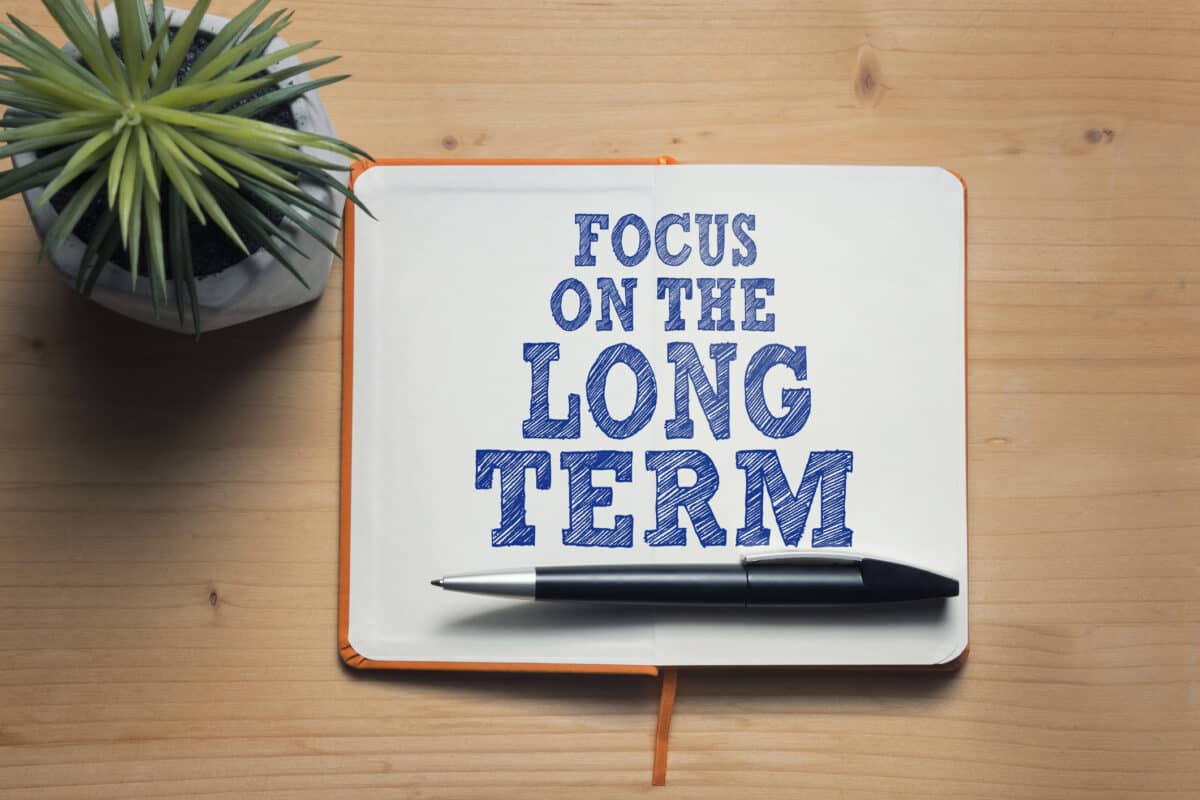The ASX share market and global stock market have seen their fair share of volatility this year. Just look below at the chart of the S&P/ASX 200 Index (ASX: XJO).
It'd be understandable if investors are feeling nervous about investing at a time like this. Some Aussies may even be considering selling shares.
That wouldn't describe me, though.
Instead of becoming negative about the situation, I get more excited about investing.
It's true that US President Trump's tariffs are adding to global uncertainty. Perhaps investors have become overly cautious? We'll see. Trump could announce other policies in the future that could spark a recovery, or elevate fears further.
Regardless of what may happen, I'll continue investing for two main reasons.
Lower ASX share valuations
I don't know what share prices are going to do in the next few weeks, months or years. All I can do is judge the situation based on whether I see an opportunity.
Thanks to the tariff volatility, we're seeing share prices at the lowest levels for many months.
If I could choose what price to invest at with ASX shares, I'd obviously choose the lowest I can. I don't have a time machine to go back 10 years and buy (for example) Pro Medicus Ltd (ASX: PME) shares or stocks, but I do have a chance to invest now at a lower price.
To generate strong long-term returns, I think it's best to buy growing businesses at good prices. Falling share prices don't put me off – they're opportunities in my eyes. As Warren Buffett once said:
To refer to a personal taste of mine, I'm going to buy hamburgers the rest of my life. When hamburgers go down in price, we sing the 'Hallelujah Chorus' in the Buffett household. When hamburgers go up in price, we weep. For most people, it's the same with everything in life they will be buying — except stocks. When stocks go down and you can get more for your money, people don't like them anymore.
The long-term is what matters
It's difficult living through volatility, seeing our portfolios decline is rough. But, for the possibility of share price gains we need to accept the chance of valuations falling.
But, I don't mind what happens in 2025 because I'm not planning to sell my entire portfolio this year.
I'm investing with the long-term in mind. I'm thinking about 2030, 2035 and even further ahead. Trump's tariff effects will hopefully not be an ultra-long-term negative. With that in mind, sell-offs turn into opportunities. That's why it's a good idea not to try to invest with a short-term timeframe – unexpected volatility can occur.
By investing for the long-term, I give my portfolio a better chance of sailing through one-off events.









